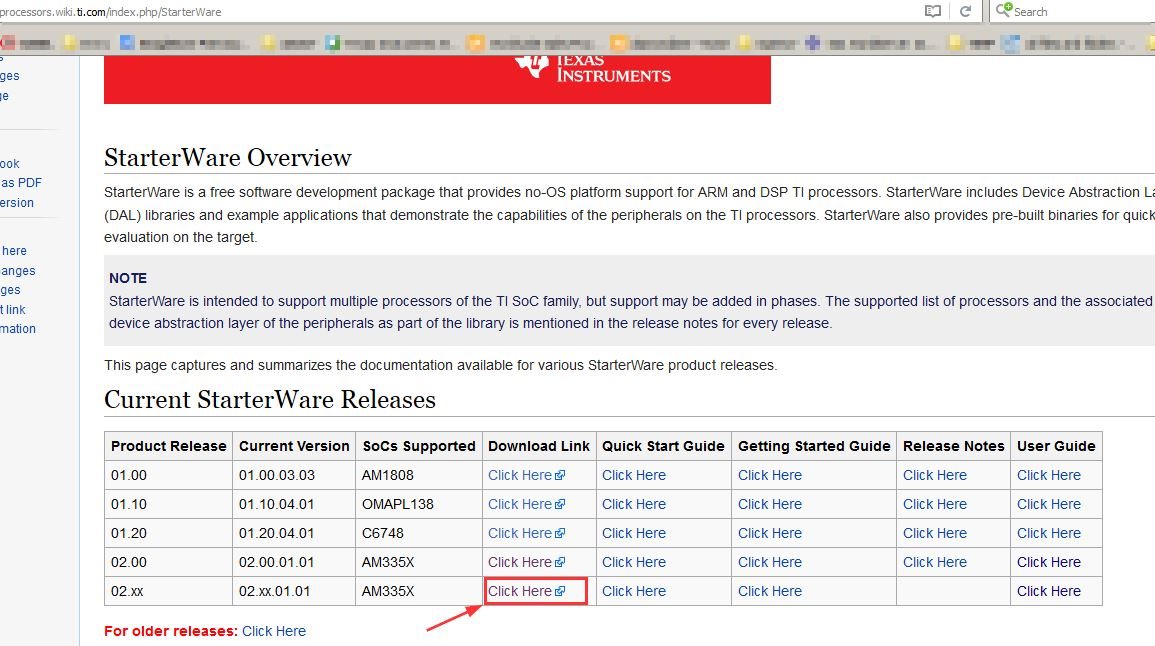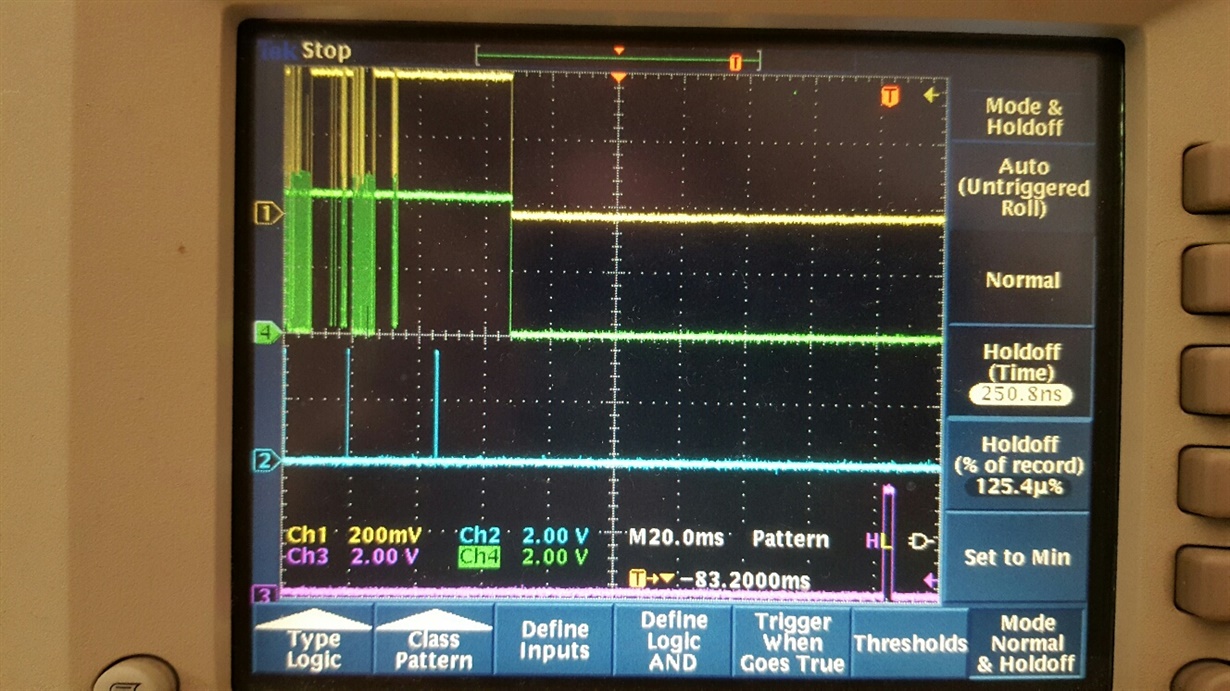Is there any application code / notes on how to use the am3558's i2c in multi-master mode / slave mode?
We're using QNX. The product design is broadly based on the beaglebone black.
We have it working as a master - we just can't seem to get it to respond as a slave.
For the moment we are simply polling it.



